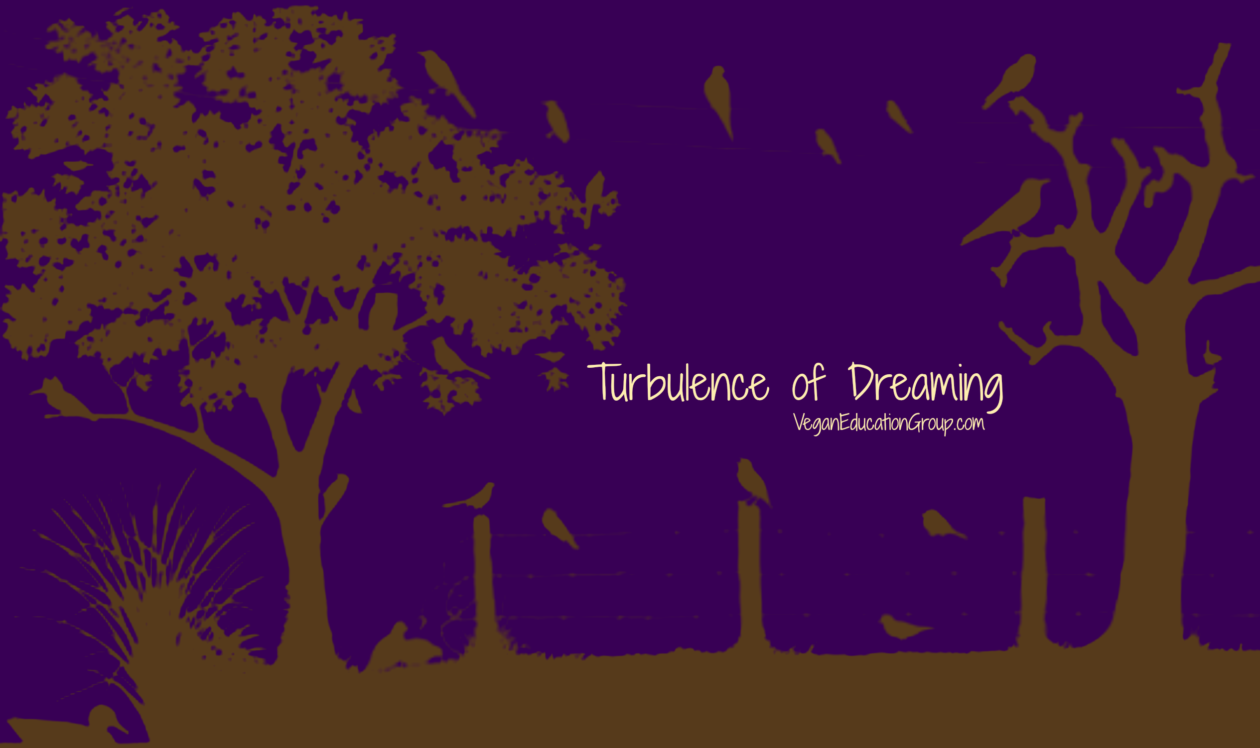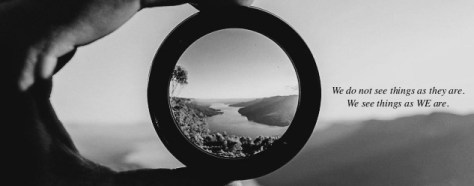[I encourage all readers to click the blue links embedded in this essay and explore the information on those sites. Also, please read our Disclaimer regarding external sites, organizations, individuals, etc.]
The following content originally appeared on the Facebook page of my friend and fellow abolitionist vegan advocate Pierre Roland Roy-Parent and is reprinted here with his permission (and South Florida Vegan Education Group‘s appreciation):
Why do I do it? How do I do it? Background issues and more.
I fully realize that talking about the ethics of veganism turns some people off or makes them feel uncomfortable. I get it. I really do. This discomfort stems from the way most of us have been taught to think about animals from the time we were little kids; that it’s okay to love some while it’s also okay to eat/use others. This speciesism (which exists in every culture) is deeply ingrained in our minds and it has had and will continue to have a variety of serious repercussions over the years, obviously for the animals, the environment and for everyone’s health.
Why do I do it? So why do I talk about veganism and the importance of going vegan if it makes people feel uncomfortable? Well, I believe that one’s temporary discomfort (as it was for me when I was first exposed to veganism) is worth it, especially if it can lead to a re-conceptualization in the way we regard animals.
How do I do it? I often start with a basic question: “Do you believe that it’s wrong to inflict unnecessary harm on animals?” 99.99% of people will agree that it is wrong. So, in essence, people believe in the concept of veganism. The problem is that about 98% of people’s actions do not align with their beliefs. We call this cognitive dissonance. There is a long list of reasons for this cognitive dissonance.
Ethical vegans see veganism as a social justice movement in much the same way as abolitionists did when they wanted to end slavery back in the day. Many of those who worked to abolish slavery would never have pushed for reducing slavery or making slavery more humane. It had to go. It was a violation of a person’s most basic right – the right to not be someone’s property.
Now when it comes to animal rights there are some similarities and there are important differences. Slaves are human. Many could and did speak up and did a lot more than just speak (they fought, they escaped, etc.) to gain their freedom. They also had a number of non-slave advocates who fought on their behalf. Animals now have more and more advocates who are willing to speak up on their behalf. They need us because they obviously cannot fight for their own freedom or escape in order to obtain the basic right not to be property.
I see the pursuit of animal rights as a question of fairness, as an extension of basic justice. Yes, we accord some basic justice to a few animals, especially those we anthropomorphize – the one we deem cuter (puppies, kittens), smarter (dolphins, great apes), magnificent (lions, elephants). We often regard these species as worthier of greater human care, kindness and justice while other species (typically those regarded as food animals) are viewed as dirty (pigs), dumb (cows), scary (sharks) and thus unworthy of extended human consideration pertaining to their rights.
None of the positive qualities we accord some animals or the negative qualities we accord to others should matter with respect to all animals having the right to live their lives. The only thing that should matter is that they are sentient, that they feel pain, can suffer and want to live. Their lives are important to them even if they are of no importance to anyone else.
I am always glad to keep the discussion with non-vegans going, to answer questions, to recommend books, films or websites. I am not going to condemn a person who eats/exploits animals (I was once a part of this group) but neither am I going to praise him/her/they (once they have understood the simple concept of veganism) for reducing their intake of animal products via a meatless Monday approach for example or a poorly defined baby steps approach having no defined end date in mind.
Praising a person who employed either of these strategies would be like praising someone for subscribing to racist-free Fridays or misogyny-free Mondays. I would no more throw the animals under the proverbial bus than I would people of colour or women. All of these prejudices are morally wrong (speciesism, racism, sexism) and they need to end.
I can’t (obviously) force anyone to end any of these prejudices by imposing my beliefs on them. It is something that people have to work out for themselves once they have examined the facts. I think that those who truly take the time to discuss the issues, do some reading, watch some films, check out some websites will begin to see that veganism makes sense and is the morally correct path to take. However, I do understand that just because it makes sense and is fair/just does not mean that people will all become vegan in the end. Some people have powerful conflicts of interests which will lead them to advocate for their continued use and exploitation of animals. Most of us do not have these powerful conflicts of interest.
I refuse to hate anyone who does not see things my way, frustrating as that may be, whether they do so through benign neglect (the willful ignorance approach) or by mounting a stringent defense of their self-interest in continuing to exploit animals. The law will nearly always reflect the opinion of the majority of us out there and until the tide shifts and people begin to extend an invitation to non-human animals to join the moral community the laws protecting some animals while allowing us to use and exploit other animals are not going to change.
Going vegan right now does not require anyone to wait for new legislation or new technologies to pave the way forward. It really is the easiest grassroots approach to making a change that will make a real difference for every species that exists.
So in the end, I am more than happy to engage in discussions with people, sharing food and recipes but I won’t advocate for better welfare regulations, reducing one’s animal intake, etc. If people choose to take any of these paths rather than immediately going vegan once they have examined the issues and checked out the facts, then they will do so anyway and they won’t need a pat on the back from people like me in order to do so.
Veganism is as close to a social justice/peace movement for all that there is out there. I hope in the end people will see it this way and embrace it.
Peace. Love. Justice.
Pierre



























 It would save an abundance of time and energy – as well as countless lives – if those who oppose veganism would cease their
It would save an abundance of time and energy – as well as countless lives – if those who oppose veganism would cease their 








